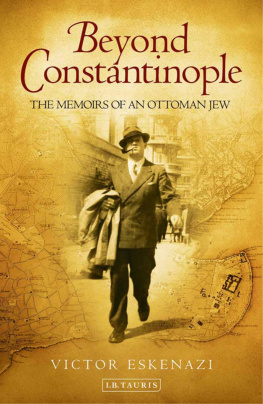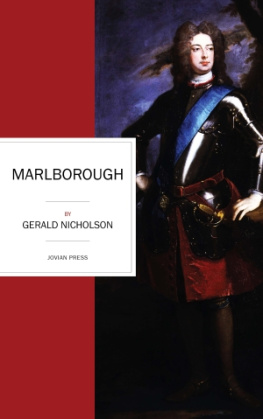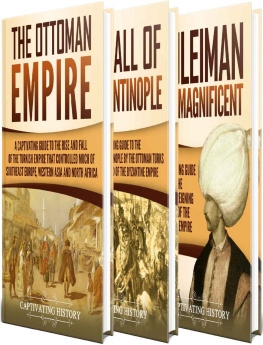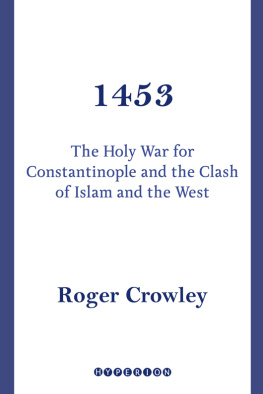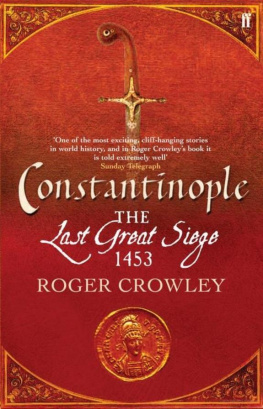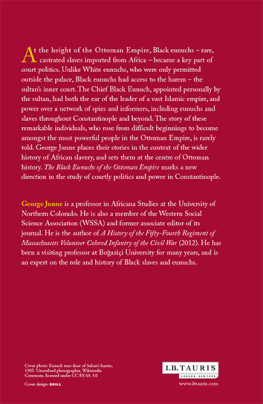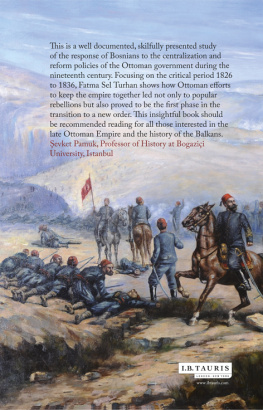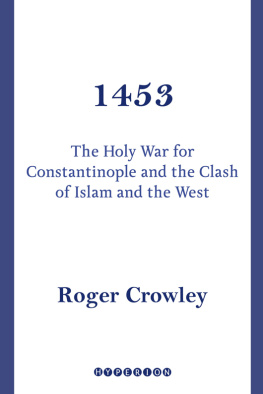Victor Eskenazi - Beyond Constantinople: The Memoirs of an Ottoman Jew
Here you can read online Victor Eskenazi - Beyond Constantinople: The Memoirs of an Ottoman Jew full text of the book (entire story) in english for free. Download pdf and epub, get meaning, cover and reviews about this ebook. year: 2019, publisher: Bloomsbury Publishing, genre: Non-fiction. Description of the work, (preface) as well as reviews are available. Best literature library LitArk.com created for fans of good reading and offers a wide selection of genres:
Romance novel
Science fiction
Adventure
Detective
Science
History
Home and family
Prose
Art
Politics
Computer
Non-fiction
Religion
Business
Children
Humor
Choose a favorite category and find really read worthwhile books. Enjoy immersion in the world of imagination, feel the emotions of the characters or learn something new for yourself, make an fascinating discovery.
- Book:Beyond Constantinople: The Memoirs of an Ottoman Jew
- Author:
- Publisher:Bloomsbury Publishing
- Genre:
- Year:2019
- Rating:5 / 5
- Favourites:Add to favourites
- Your mark:
- 100
- 1
- 2
- 3
- 4
- 5
Beyond Constantinople: The Memoirs of an Ottoman Jew: summary, description and annotation
We offer to read an annotation, description, summary or preface (depends on what the author of the book "Beyond Constantinople: The Memoirs of an Ottoman Jew" wrote himself). If you haven't found the necessary information about the book — write in the comments, we will try to find it.
Beyond Constantinople: The Memoirs of an Ottoman Jew — read online for free the complete book (whole text) full work
Below is the text of the book, divided by pages. System saving the place of the last page read, allows you to conveniently read the book "Beyond Constantinople: The Memoirs of an Ottoman Jew" online for free, without having to search again every time where you left off. Put a bookmark, and you can go to the page where you finished reading at any time.
Font size:
Interval:
Bookmark:

DONNA LEON author of the Commissario Guido Brunetti crime novels.

I.B.Tauris & Co. Ltd
London
 New York
New Yorkwww.ibtauris.com
eISBN: 978 0 85772 925 5
Thanks for the Buggy Ride.
It had a joyful lilt.
The wonderment of a city dweller strolling
through beautiful countryside.
It sounded to me like a thanksgiving
for Gods nature.
A hymn to life.
This epigraph is taken from the previous edition of this book, titled Thanks for the Buggy Ride: Memoirs of an Ottoman Jew .


| Victor Eskenazi, stanbul, 1929 |
| View of the Golden Horn and Topkap, stanbul, 1906, year Victor Eskenazi was born |
| View of the Bosphorous, stanbul, 1906 |
| The Galata Bridge from Eminn, stanbul, 1906 |
| The Galata Bridge as seen from Beyolu, stanbul, 1906 |
| Victor aged seven during his time as a student at the German School, stanbul, 1913 |
| Victor at the tennis club, stanbul, 1924 |
| Laure Roditi Eskenazi (back left) on her way to school, stanbul, 1924 |
| Laure (centre), English School for Girls, stanbul, 1930 |
| Laure and Victor on their wedding day, Milan, 27 December 1936 |
| Skiing on the Uluda, 1937 |
| Victor and Laure (standing), Bykada, 1937 |
| Laure, Isaac Roditi, Victor, Rachel Roditi and unknown, Bykada, 1937 |
| Victor (left) with his brother-in-law Alfredo Roditi, on the terrace of his in-laws home, Ayazpasha, 1937 |
| Victor and Laure, Manchester, 1940 |
| Captain Eskenazi, Cairo, 1942 |
| Captain Eskenazi in front of the pyramids, Cairo, 1943 |
| Victor and colleagues of British Intelligence, stanbul, 1944 |
| Victor, stanbul, 1945 |
| Victor with his children Johnny and Peggy, Milan, 1955 |
| Victor in his gallery in Milan, 1976 |
| Victor and Laure, London, 1982 |
| Victor with his son Johnny at their gallery in Milan, 1986 |

O n a luminous dawn, one day in July 1965, I was standing on the prow of a cruise ship sailing majestically into the golden mist of the Bosphorus, straining my sleepy eyes in order to get my first glimpse of the fabled Istanbul, or Stamboul, or better still Constantinople as my elders would say, with a beatific smile on their face. This mythical realm, home to my family for centuries, was now only a few miles away and, although I had never been there, I felt like Ulysses returning to Ithaca.
My father came up to me silently, put his arm around my shoulder, hugged me and whispered, Finally, here we are! All together in one of the most beautiful cities of the world, one of the great centres of civilisation, certainly the centre of our world for generations. He had tears in his eyes, and I knew it was not the wind.
Captain V.H. Eskenazi had not been back since he had been stationed here during World War II as a British Intelligence officer and this was going to be the first of many return visits right up to the time of his death.
Victor, or Victoriko as his mother called him or Tori as his sister would address him, was the product of a world that has now disappeared. He was a typical representative of the religious and ethnic minorities that thrived in an urban milieu during Ottoman times and that were of fundamental importance to the success of the Empire because of their role in commerce, administration, culture, science and international relations. These groups tended to include very interesting people, frequently eccentrics (we had many such examples in our family), eager to make a better life for themselves. They were also entrepreneurial and inventive, with a great sense of belonging to their community and the city that was their home.
Young Victor was born in 1906 and lived with his mother and father, and his sister, Jenny, in a huge yali in Beylerbey, with his extended family of almost fifty members ruled over by their grandfather. He used to recount how on Saturdays, the whole family would eat together and the children would go in turn to kiss the hand of the wise old man. After his grandfather died the family dispersed and mostly settled in Galata, and the yali has sadly since burned down.
The beginning of the twentieth century was a very critical period in Ottoman history. It witnessed not only the end of the Empire and the defeat in World War I, but also the presence of the victorious allied armies and the wave of White Russians fleeing the Revolution, which added to the already highly cosmopolitan nature of Constantinople. Victor breathed the complex air of this budding new Turkey with its ideals, contradictions, demagogies and hopes. He always felt blessed to have been born at such an extraordinary moment in history and was obsessed with the idea of narrating his colourful experiences as a young man in Istanbul in order to pass them on to the next generations. I thank him for having done so.
If I really had to define my father, a man of various facets and many incarnations, I would primarily identify him as an Ottoman seigneur. Ottoman because of his inbred cosmopolitanism, his wide vision of the world, his insatiable intellectual curiosity, his instinctive understanding and respect of other peoples, cultures and behaviours, and when required also a determination and assertiveness that is so prevalent in the Ottoman personality and in the history of its Empire. Seigneur and I insist on this slightly obsolete French term not only because he was from a francophone milieu, but also because of his savoir faire , charm, elegance and the ability to be at ease with everybody and make everybody else feel at ease in his presence. Moreover, I cannot forget his love for French literature Cyrano de Bergerac being a particular favourite which he would recite too emphatically, causing deep embarrassment to us children.
Font size:
Interval:
Bookmark:
Similar books «Beyond Constantinople: The Memoirs of an Ottoman Jew»
Look at similar books to Beyond Constantinople: The Memoirs of an Ottoman Jew. We have selected literature similar in name and meaning in the hope of providing readers with more options to find new, interesting, not yet read works.
Discussion, reviews of the book Beyond Constantinople: The Memoirs of an Ottoman Jew and just readers' own opinions. Leave your comments, write what you think about the work, its meaning or the main characters. Specify what exactly you liked and what you didn't like, and why you think so.

